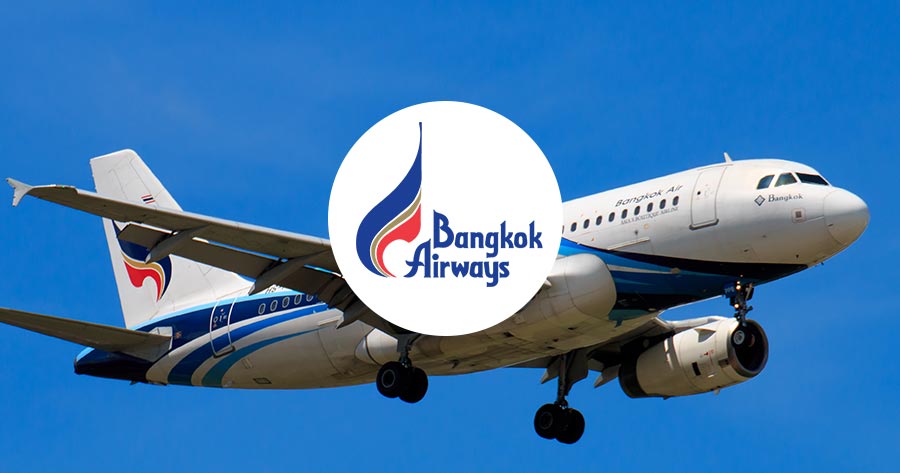Mr. Puttipong Prasarttong-Osoth, Chief Executive Officer of Bangkok Airways Public Company Limited (SET: BA), stated that U-Tapao International Aviation Co., Ltd. (UTA)—the consortium behind the massive U-Tapao Airport and Eastern Aviation City project—may seek to exit its contract with the Thai government, given ongoing delays and a lack of clarity from public authorities.
UTA, in which BA holds a 45% stake alongside BTS Group Holdings (SET: BTS) (35%) and Sino-Thai Engineering & Construction (SET: STECON) (20%), has requested a one-month consideration period to decide whether to proceed with the 290-billion-baht development or pull out entirely.
The consortium has grown wary after waiting years for clear commitments from the government’s Eastern Economic Corridor (EEC) Policy Committee, surpassing deadlines agreed in its contract.
According to BA, the agreement stipulates that clear progress be made within five years of signing—which elapsed in June this year—including advances in the much-anticipated three-airport high-speed railway project linking Don Mueang, Suvarnabhumi, and U-Tapao. However, little substantive action has materialized on either front.
Ongoing discussions have seen UTA propose scaled-down initial investments; the original masterplan envisioned capacity for 12 million passengers annually in the first phase, later reduced through negotiations to 8 million, and most recently to just 3 million. Investments would then increase stepwise to reach the original 12-million-passenger target based on future demand.
The EEC Policy Committee is preparing to submit these revised terms to the Cabinet before the end of the year, yet progress remains hamstrung by the current caretaker government, which is restricted from advancing major new projects, adding further uncertainty to program timelines.
Should UTA choose to withdraw, the consortium can legally do so without penalty as the government has failed to meet its own obligations. UTA is also preparing to demand the return of approximately 4 billion baht already invested, though the amount that can actually be reclaimed remains undetermined.
On a parallel front, BA is also pursuing a partnership with Thai Airways International (SET: THAI) for an MRO (maintenance, repair, and overhaul) facility and other businesses at U-Tapao, having submitted detailed proposals for the 210-rai site to regulators.
Thai Airways would grant BA rights to develop and manage a 30-rai portion independently, with an anticipated 1-billion-baht outlay. This approach—splitting development areas rather than forming a formal joint venture—is preferred, as both airlines already hold the necessary operating licenses, avoiding complex approvals and potential delays.
Operational Outlook and Expansion Plans
On operations, BA reported a 4% year-on-year rise in forward bookings for September to December 2025, led by a 7% jump in its Samui routes; domestic bookings remain flat, while international travel is down 3%. As a result, second-half performance is expected to remain broadly in line with last year’s levels.
However, BA has revised its full-year 2025 passenger forecast down to 4.3 million, from an earlier forecast of 4.7 million, and load factor projections have dropped to 78%, reflecting softer travel demand and an average ticket price of 4,200 baht. The company now expects reduced profit compared to the previous year.
In addition, BA is moving forward with plans to renew and expand its fleet, having signed for 10 new ATR aircraft to be delivered over the next three years beginning late 2026, with existing ATRs to be gradually retired.
It is also planning a five-year procurement of up to 20 additional narrow-body jets—including models such as the A319, A320, and B737—primarily through purchase. The company expects to invite manufacturers and lessors to submit proposals by the end of this year.
The airline is also investing in improvements at two regional airports under its portfolio. At Trat Airport, upgrades—including an extended runway, expanded apron, and enlarged terminal—are expected to be complete by the third quarter of 2026, enabling a passenger capacity of up to 250,000 annually, at a cost of about 400 million baht.
For Samui Airport, BA is finalizing expansion designs to be submitted for approval in the fourth quarter, with construction to follow over the next two years at an estimated investment of 1.5 billion baht. Planned enhancements include increasing boarding gates from seven to eleven, adding ten new check-in counters, and significantly expanding commercial space within the passenger terminal.





